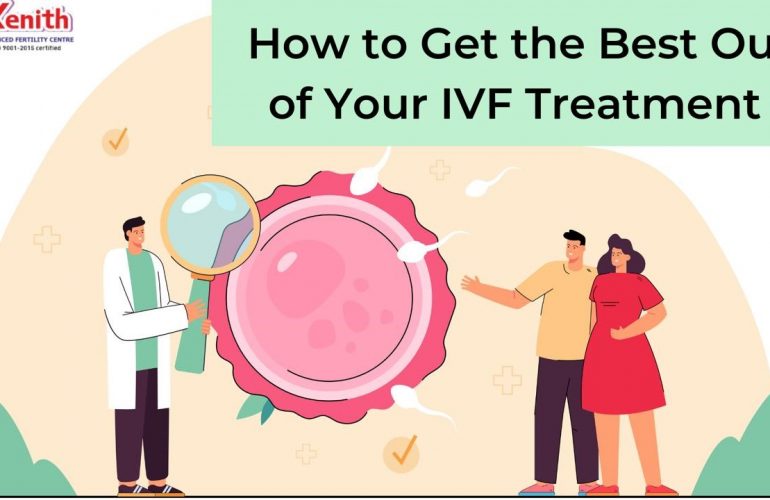Obesity is increasingly becoming a worldwide health issue. Obesity is defined as having excessive body fat and it can have a detrimental effect on our body.
How do you measure obesity?

Free Thursday Consultation
Book Your AppointmentBody mass index (BMI) is a simple way to check for obesity. BMI is calculated as a person’s weight in Kg divided by the square of their height in meters (Kg/m2). According to WHO guidelines, a person is considered overweight if their BMI is greater than or equal to 25 and are considered obese if their BMI is greater than or equal to 30.(1) In Asians, the suggested cutoff limits are lower with overweight people greater than or equal to 23 and obese people greater than or equal to 25 due to the propensity of Indians to diabetes and higher waist circumference.(2) However, BMI is only a rough guide and some people like muscular athletes may have high BMI values because of their increased weight in muscle than in fat. Waist circumference is also sometimes used as a measure because carrying more body fat around your middle or abdomen is an indicator of the amount of fat around your internal organs.
What causes obesity?
Obesity could occur due to many reasons, some of which include genetics, increased food intake, unhealthy diet, lack of exercise or sedentary lifestyle, certain medications, pregnancy, lack of sleep, some chronic health conditions or amongst other things.
Symptoms of obesity include sleep apnea, fatigue, depression, erectile dysfunction, and lower back pain. Obesity has also been linked to diabetes, high blood pressure, heart disease, stroke, osteoarthritis, certain cancers and infertility.
How is obesity linked to infertility?
Obesity could lead to hypogonadism which is a condition where the testicles don’t produce enough of the male hormone testosterone. It was also found that increasing body weight correlated with decreasing testosterone levels in the blood. The hypothalamus, pituitary gland and the testicles work in concert to produce various hormones like testosterone which in turn affect sperm production and obesity could disrupt this. Obesity can also cause testicular heat stress due to heavy fat deposits around the scrotum which carries the testicles and due to inflammation.(3) The process of sperm production is temperature dependent and its best for the temperatures to be slightly lower than that of the body. So, obesity could affect sperm production and lead to decreased sperm counts, sperm motility, changes in sperm morphology and breakages in the sperm DNA. Disruption of endocrine function which is responsible for producing certain hormones could be due to obesity. Insulin resistance has been associated with obesity.
Obesity can also lead to increased insulin levels in the blood which could in turn decrease testosterone levels. Sleep apnea or having disrupted sleep due to upper airway obstructions and lack of oxygen could also affect testosterone levels.
Obesity could also decrease the success rate of assisted reproductive technologies like Invitro fertilization (IVF).(4, 5)
How to treat obesity?
Obesity is mainly preventable although it is not a “quick fix.” It can be dealt with by making some lifestyle changes like eating healthier foods like fruits, vegetables, legumes, whole grains, nuts and avoiding fast foods, processed foods, refined foods, fatty foods, sugary foods and alcohol. Doing at least 30 minutes of moderate exercise daily like walking can help. Also looking after your mental health, trying to eliminate stress and having a positive attitude can help. Having a dietician who can help you keep track of what you can and cannot eat and help you make informed choices of your diet could help you tremendously. It may help see a counsellor or try cognitive behavioural therapy which can teach you to understand when and why you eat or alter certain thought patterns. Talk to your doctor if you find that these aren’t working and he might prescribe you weight loss medications which can make you less hungry or reduce the amount of fat you absorb from food. It’s important to do this along with a healthy diet and regular exercise. However, these medications might have side effects and so make sure you talk to your doctor to see if this is right for you. Your doctor might also suggest bariatric weight loss surgery if you are morbidly obese and it has been found to restore fertility and normal hormonal levels.(6)
If you have any questions regarding this topic, please feel to contact the experts at Xenith Advanced Fertility Centre.



